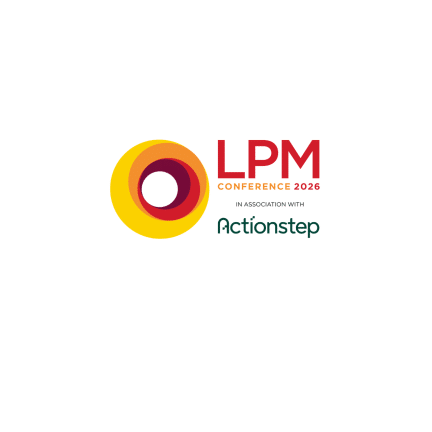
Security, compliance and the cloud: A legal perspective
Nathan Jamieson, chief information security officer at Iomart, highlights key risks affecting all sectors – from multi-cloud complexity to compliance and AI threats.
As law firms continue to embrace cloud-based technologies to improve efficiency and collaboration, the pressure to ensure security and compliance has never been higher. With rising volumes of sensitive client data, increasing regulatory demands and a rapidly evolving threat landscape, the legal sector faces unique challenges in the race to secure the cloud.
For legal professionals, these risks are amplified by the need to protect highly confidential information and maintain the trust that sits at the heart of every client relationship.
So what should legal firms be focusing on?
-
Protecting confidentiality and meeting compliance
Client confidentiality isn’t just good practice — it’s a professional and regulatory obligation. With frameworks like the UK GDPR and industry-specific standards to consider, legal organisations must ensure their cloud environments are built with compliance in mind.
That means:
- Encrypting data both in transit and at rest
- Implementing strict access controls and identity verification
- Understanding how and where data is stored, especially when working with global cloud providers
Working with a cloud partner who can demonstrate robust data protection and compliance practices is essential to reduce risk and maintain credibility.
-
Managing multi-cloud complexity
Many legal firms now operate across multiple platforms — using different tools for case management, document sharing, collaboration and client communication. While this flexibility supports modern working, it also introduces security challenges.
Disjointed platforms can lead to inconsistent security policies, visibility gaps and increased exposure to threats. Building a unified security strategy that works across multiple environments is key to maintaining control and consistency — especially when sensitive information is being shared between parties.
-
Adopting a zero-trust approach
With hybrid working here to stay, the perimeter-based security model no longer holds. Today, firms need to operate on a “never trust, always verify” basis — ensuring every access request is authenticated, authorised and continuously monitored.
This is where zero-trust architecture becomes critical. For legal firms, it offers a structured approach to securing access — not just for employees, but for contractors, external counsel, and third-party vendors.
It helps prevent unauthorised access to case files, client information and financial data – and reduces the risk of internal threats, accidental or otherwise.
-
Navigating AI and automation
AI has huge potential in legal — from streamlining document review to supporting e-discovery. But it also introduces new risks, particularly around data integrity and governance.
Misconfigured AI tools could inadvertently expose sensitive data or generate insights based on inaccurate or manipulated information. Firms must assess not just what AI tools can do, but how they are built, trained and monitored.
Introducing AI into legal workflows requires clear policies, secure infrastructure and careful oversight — especially when client data is involved.
-
Preparing for regulatory change
The compliance landscape is in constant flux. With new data protection regulations emerging around the world and increased scrutiny from regulators, legal firms must be proactive, not reactive, in their approach.
This means:
- Regular audits of cloud infrastructure and third-party providers
- Continuous monitoring of data access and usage
- Staying informed of jurisdictional changes that affect cross-border data transfers
Partnering with a cloud provider that understands legal-sector compliance — and can offer proactive support – will be vital to staying ahead of the curve.
Overall, securing the cloud isn’t just about technology — it’s about trust. For legal firms, that trust starts with protecting the data and people that power their business. By addressing today’s cloud security challenges head-on, firms can build the foundations for long-term resilience, compliance and client confidence.
Is your cloud strategy fit for purpose? Let’s talk about how Iomart can help you build a secure, scalable cloud environment that works for you.



